Mario (1934) Online
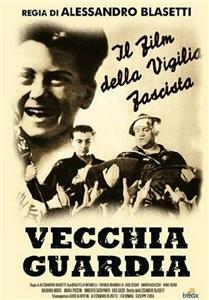
| Credited cast: | |||
| Gianfranco Giachetti | - | Dott. Claudio Cardini | |
| Mino Doro | - | Roberto | |
| Franco Brambilla | - | Mario | |
| Maria Puccini | - | La moglie | |
| Barbara Monis | - | La maestra | |
| Graziella Antonelli | - | La sorella della maestra | |
| Ugo Ceseri | - | Marcone | |
| Umberto Sacripante | - | Il pazzo Tralicò | |
| Graziela Betti | - | La ragazza del convento | |
| Gino Viotti | - | Il sindaco | |
| Cesare Zoppetti | - | L'assessore | |
| Aristide Garbini | - | L'uscere | |
| Italo Tancredi | - | L'infermiere | |
| Rest of cast listed alphabetically: | |||
| Alfredo Varelli |


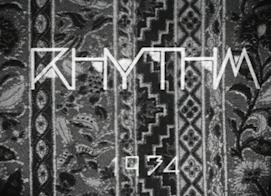
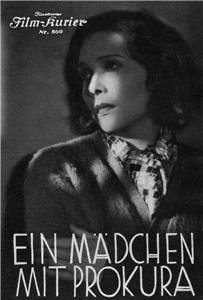
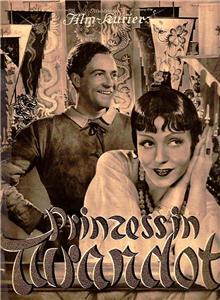
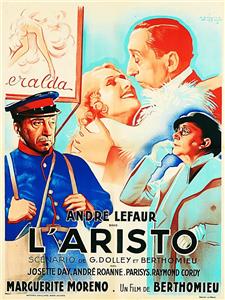
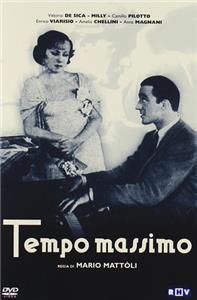
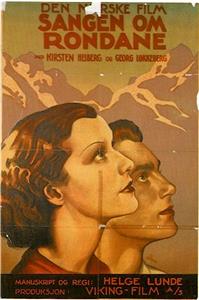
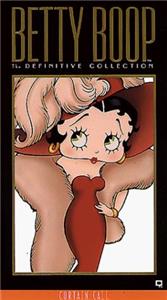
User reviews